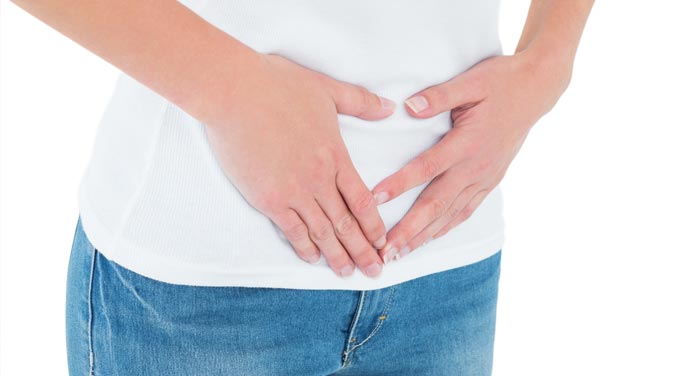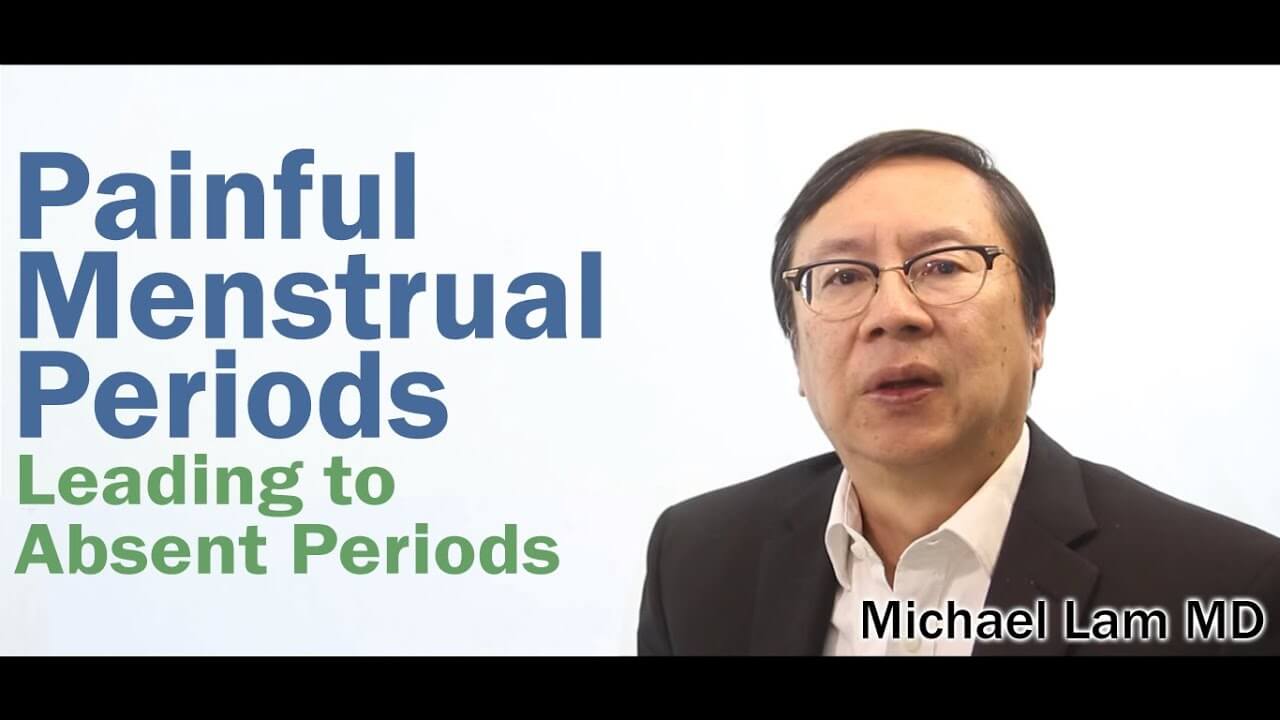
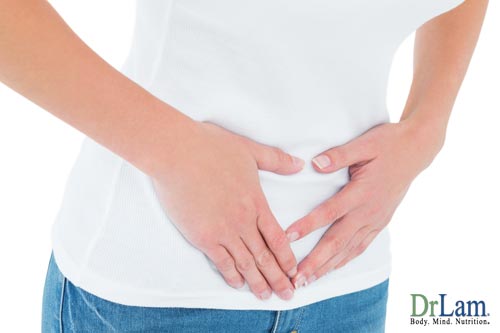 Dysmenorrhea is a term we use to describe very painful menstrual cycle especially during the menses. Menstrual disorders are problems that affect a woman’s normal menstrual cycle. Such problems include abnormal heavy bleeding, painful cramps during bleeding or not having any bleeding. Menstruation is the monthly flow of blood from a woman’s uterus through her cervix and out through her vagina.
Dysmenorrhea is a term we use to describe very painful menstrual cycle especially during the menses. Menstrual disorders are problems that affect a woman’s normal menstrual cycle. Such problems include abnormal heavy bleeding, painful cramps during bleeding or not having any bleeding. Menstruation is the monthly flow of blood from a woman’s uterus through her cervix and out through her vagina.
Dysmenorrhea is a very severe, frequent cramping during the menstruation period. Dysmenorrhea symptoms include severe pain in the lower abdomen which can also spread to the lower back and thighs. There are two types of dysmenorrhea; they are primary and secondary dysmenorrhea.
Amenorrhea on the other hand is a term used to describe the absence of menstrual period. We have two categories of amenorrhea; they include primary and secondary amenorrhea.
The body enters a slowdown mode during Adrenal Fatigue. The body does not want periods because it does not perceive it as a critical piece to survival. When your body is fatigued and low on energy, it will slow down non-critical body systems. Reproduction is not a vital system for survival and thus will not receive the requisite energy for ovulation. So the body will initially be in a state of estrogen dominance where dysmenorrhea or painful periods and Adrenal Fatigue are problems. Now, if this is not resolved, meaning the body doesn't get what it wants in terms of rest and nurturing back to health, then the next thing the body is designed to do is to shut down the cycle.
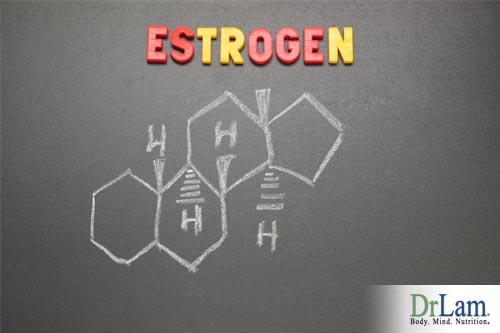 When your body shuts down the cycle, it is called amenorrhea. So dysmenorrhea sometimes is a separate event from amenorrhea; but sometimes it can also be a progression from dysmenorrhea as the body slows down - not having a lot of regular cycles, having estrogen buildup, pain becoming more significant - to amenorrhea - where the body actually decides to shut down the cycle for a period of time.
When your body shuts down the cycle, it is called amenorrhea. So dysmenorrhea sometimes is a separate event from amenorrhea; but sometimes it can also be a progression from dysmenorrhea as the body slows down - not having a lot of regular cycles, having estrogen buildup, pain becoming more significant - to amenorrhea - where the body actually decides to shut down the cycle for a period of time.
So, this amenorrhea can last for a few months and even up to a few years. It's very interesting because this often happens in younger women during childbearing years who are usually premenopausal. These women generally from twenty to thirty to forty years develop a picture of being forced into an early menopause.
There are several common dysmenorrhea symptoms, they include;
Your period can be painful;
There are many other reasons as well, so anytime you have a painful period, a OBGYN doctor needs to be involved and a thorough workup has to be checked. But oftentimes a checkup will end up showing nothing wrong and the doctors conventionally will have no reason to suspect anything else. So it is what it is, and many people are just told to go home and cope with dysmenorrhea symptoms alone; but in reality if you trace it enough, oftentimes we find a close association with Adrenal Fatigue.
Make sure you visit your doctor for check up to be able to ascertain your exact problem. But you can also try the following to normalize your painful periods and ease dysmenorrhea symptoms;
Oftentimes, doctors don’t find a reasonable cause for these problems, since many are not trained to normalize or even recognize Adrenal Fatigue. Adrenal Fatigue can cause a host of problems in your body and that is why you need an expert to help you through the process of normalizing it.
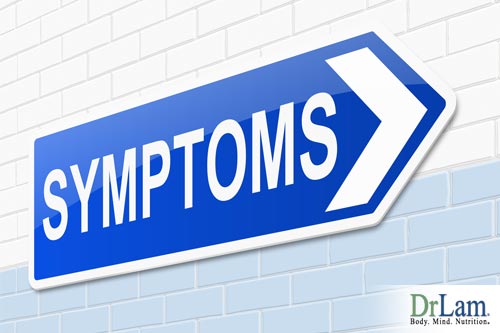 In conclusion, there are lessons to be learned from the symptoms of painful periods (dysmenorrhea) presented to you; meaning, dysmenorrhea advancing to amenorrhea is really about understanding and looking at the big picture: how the body is dealing with this stress, how the body is trying to slow down, and how the body is trying to use these symptoms of painful and absent periods to alert us of underlying problems. Once you understand this concept, then you will not be held hostage by these symptoms, but slowly work at fortifying the adrenals properly, without making things worse.
In conclusion, there are lessons to be learned from the symptoms of painful periods (dysmenorrhea) presented to you; meaning, dysmenorrhea advancing to amenorrhea is really about understanding and looking at the big picture: how the body is dealing with this stress, how the body is trying to slow down, and how the body is trying to use these symptoms of painful and absent periods to alert us of underlying problems. Once you understand this concept, then you will not be held hostage by these symptoms, but slowly work at fortifying the adrenals properly, without making things worse.
And as the adrenals recover, you'd be surprised that the dysmenorrhea or amenorrhea can actually go away spontaneously and the normal menstrual cycle starts to return. We deal with a lot of these people that have this type of situation; so let it take a back seat, don't argue with the body. Focus and work on the adrenals. As the adrenals get better, things will start to fall into place. Often, menstrual symptoms can actually get worse before getting better. This is because your body is not used to producing reproductive hormones, so when your adrenals starts producing them again, a recalibration period is needed to get the ratios back in balance and everything running smoothly again. So getting your period back is an important measurement to gauging your adrenal strength and recovery.
© Copyright 2016 Michael Lam, M.D. All Rights Reserved.
